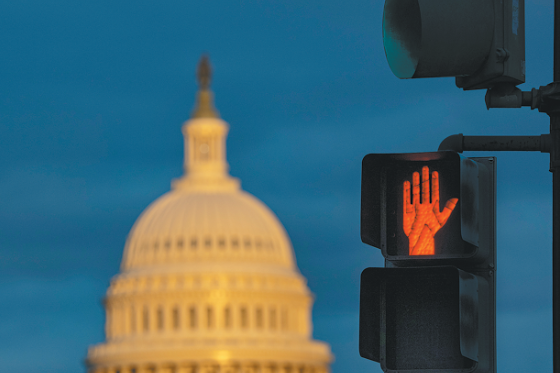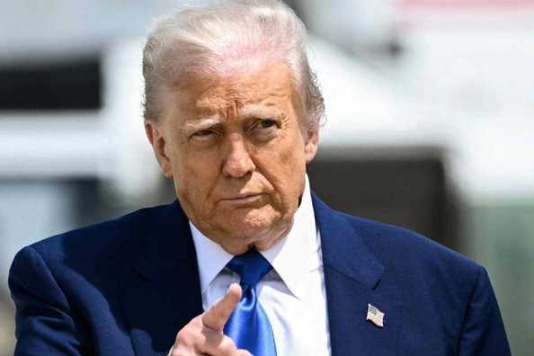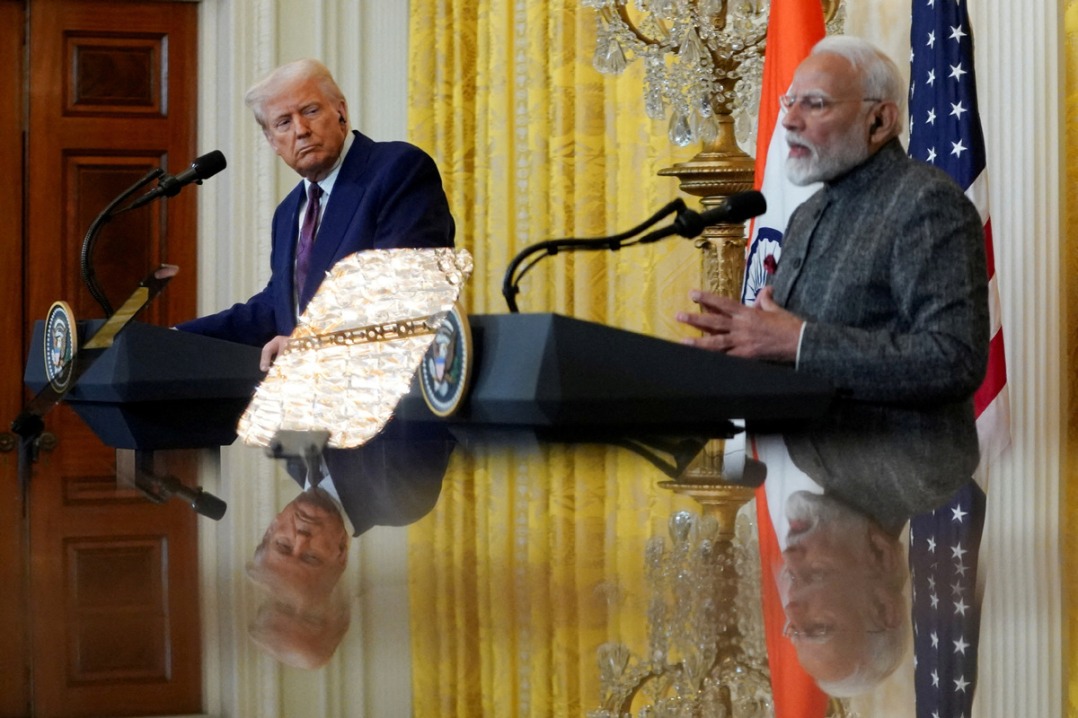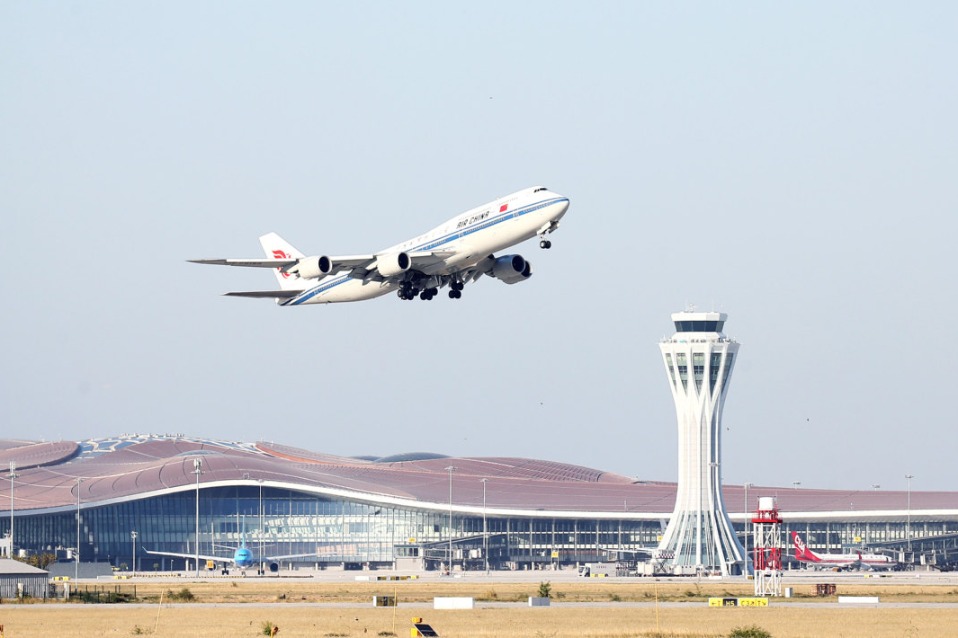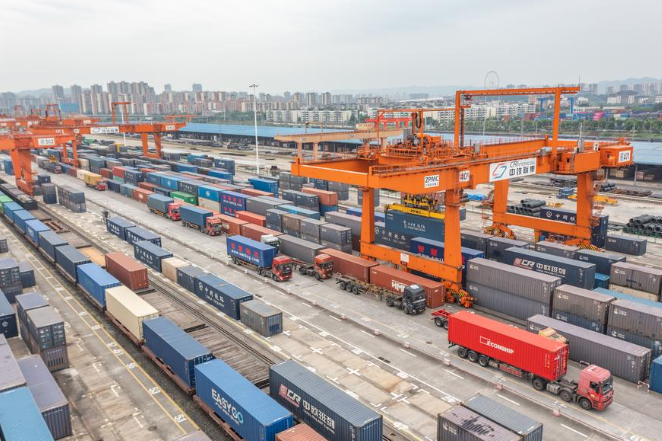Too many eggs in one basket: Colombia and Brazil get trade lesson


Tariffs imposed by the United States are reshaping trade in Latin America, hitting traditional exports to the US and prompting countries such as Brazil and Colombia to diversify toward China and the European Union.
The value of Colombian exports to the US fell 13.7 percent in August, the sharpest drop this year, Colombia's National Administrative Department of Statistics said on Oct 6. That fall coincided with the 10 percent US tariff on Colombian imports that took effect on Aug 7.
Jose Manuel Restrepo, former finance minister of Colombia, said the recent slump highlights the fragility of Colombia's export recovery and its heavy reliance on the US.
"A 13.7 percent fall is significant and confirms that Colombia's export recovery remains fragile," Restrepo said.
"The contraction reflects both price effects — especially in oil and coal, which still make up nearly half of total exports — and volume adjustments in nontraditional sectors such as textiles, chemicals and the agro-industry."
If the trend continues for the rest of the year it may signal weaker external demand and tighter conditions for foreign exchange inflows, he said.
The tariff imposed on Aug 7 hit manufactured goods hardest, particularly apparel, processed foods, plastics and metals — industries that compete on price rather than scale, he said.
"Small- and medium-sized enterprises are indeed more vulnerable because they have less capacity to absorb cost shocks or relocate production. They face higher logistical and compliance costs, and many depend on single-buyer relationships in the US market."
Large exporters in mining and energy are less directly affected, he said, but still suffer from exchange-rate volatility and weaker trade sentiment.
The current situation, Restrepo said, exposes "the structural concentration risk of Colombia's export model".
About 25 to 30 percent of Colombia's exports go to the US, and more than 70 percent of nontraditional exports are US-bound, he said.
"This dependency magnifies vulnerability to both tariff shifts and changing consumer preferences.
"The broader issue is that Colombia's export diversification index has barely improved in the last decade. This tariff shock could be a wake-up call to accelerate integration with Latin American value chains and expand into Asia-Pacific."
Colombia is seeking to deepen ties with other trading partners, he said, but progress is limited.
"With the European Union, we are leveraging the trade agreement to grow agro-industrial and green-tech exports. With China, we are deepening ties in energy transition and minerals.
"Regional initiatives such as the Pacific Alliance, Mercosur dialogue and digital economy projects offer opportunities for small- and medium-sized enterprises. However, to be credible, Colombia needs a coherent export promotion strategy that integrates innovation, logistics and trade finance — not just new treaties."
The 10 percent tariff was "not purely economic", but "part of a broader protectionist and electoral recalibration in the US, aimed at appealing to domestic manufacturing constituencies", Restrepo said. Colombia is "collateral damage in that agenda", he said.
The tariffs serve as a reminder for Colombia "to strengthen its negotiating capacity and industrial diplomacy, ensuring that environmental or labor-related clauses are not weaponized as trade barriers".
Consecutive decline
Brazil's exports were worth $30.5 billion last month, 7.2 percent more than a year earlier, and the value of shipments to the US fell 20.3 percent, the second month in a row of decline, Brazil's Foreign Trade Secretariat said on Oct 6.
The country's exports to the US have fallen sharply since Washington imposed new tariffs earlier this year, exposing the country's vulnerability in higher-value-added industries, said Jorge Arbache, former chief economist in Brazil's Ministry of Planning.
"The United States is an important trading partner for Brazil — not so much in terms of value, but rather because of the nature of the trade composition," Arbache said.
"Brazilian exports to the US include a significant share of machinery, equipment, aircraft and other high value-added goods, which is quite different from the country's average export pattern to other destinations. Thus, the main concern lies in this aspect."
However, the tariffs could trigger a damaging relocation of factories from Brazil to the US, he said.
He described the tariff policy as unpredictable, saying its continuation depends largely on political calculations in Washington.
"(Change) is always possible, given the rather unstructured way in which the current administration seems to make decisions."
gaoyang@chinadailyusa.com
















